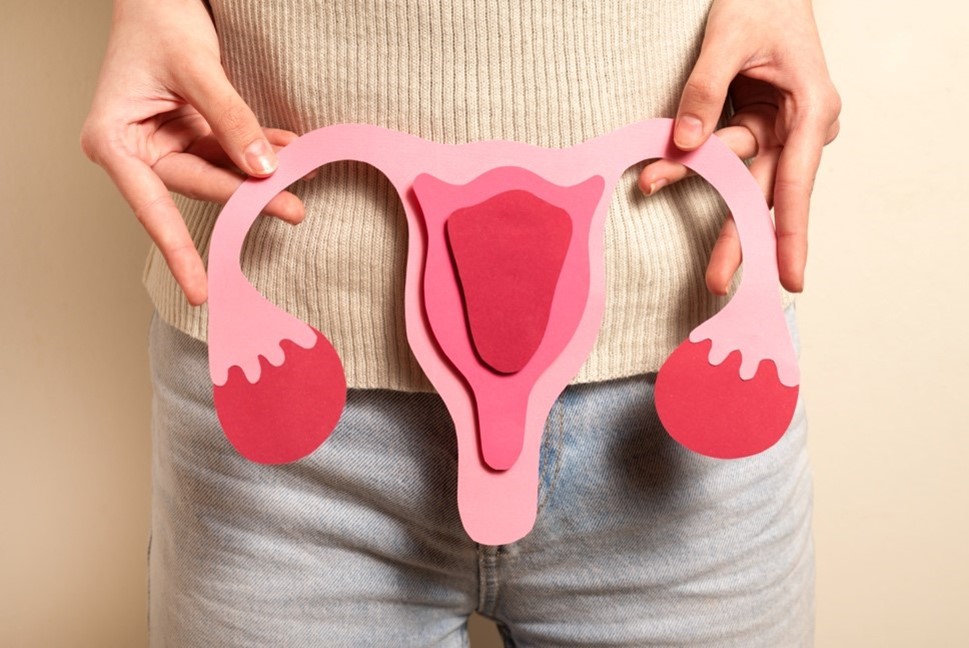Pelvic inflammatory disease is an infection of the female reproductive organs, including the uterus, fallopian tubes, and ovaries. It’s usually caused by sexually transmitted bacteria that move from the vagina to the upper reproductive tract.
Understanding this common condition is the first step towards recovery and maintaining reproductive health. Here’s an easy-to-understand guide about PID and how to manage it effectively.
Recognizing the Symptoms of PID
PID can be silent, but when symptoms appear, they may include:
- Lower abdominal pain
- Unusual vaginal discharge with a bad odor
- Painful urination
- Irregular menstrual bleeding
- Pain during intercourse
- Fever and chills
What Causes PID?
The most common cause of PID is sexually transmitted infections (STIs), particularly chlamydia and gonorrhea. Bacteria can enter the reproductive tract through unprotected sex, but not all cases of PID are caused by STIs.
Diagnosing PID
If you suspect PID, your doctor will perform:
- A pelvic exam to check for tenderness and discharge.
- Urine and blood tests to look for signs of infection.
- An ultrasound or other imaging tests to view the reproductive organs.
Treatment Options for PID
Early treatment is crucial and may include:
- Antibiotic therapy: primary treatment is a course of antibiotics to eliminate the infection.
- Partner treatment: sexual partners should also be treated to prevent reinfection and spread of the disease.
- Abstinence: patients are advised to abstain from sexual intercourse until treatment is complete and symptoms resolve.
- Hospitalization: in severe cases, hospital admission may be necessary for intravenous antibiotics and close monitoring.
- Surgery: rarely, if there is an abscess or complications, surgery may be required to address the issue.
- Regular Follow-up: After initial treatment, follow-up appointments are crucial to ensure the infection has cleared.
Preventing PID
- Practicing safe sex with condoms
- Getting regular STI screenings
- Avoiding douching, which can upset the balance of bacteria in the vagina
Possible Complications
Untreated PID can lead to serious complications like:
- Chronic pelvic pain
- Ectopic pregnancy (where a pregnancy grows outside the womb)
- Infertility (inability to conceive)
Living with PID
Managing PID involves:
- Completing the full course of antibiotics
- Regular medical follow-ups to ensure the infection has cleared
- Understanding the importance of safe sex practices
When to call a doctor?
PID can lead to serious complications if not treated promptly. Therefore, it is crucial to seek immediate medical intervention in cases of:
- severe or sudden lower abdominal pain
- high fever with PID symptoms
- unusual or odorous vaginal discharge
- painful sexual intercourse
- irregular menstrual bleeding
- symptoms persist or worsen after a few days
- suspected exposure to an STI
In conclusion, pelvic inflammatory disease is a treatable condition, but it’s important to take it seriously. By recognizing the symptoms early, getting the right treatment, and adopting preventive measures, you can protect your reproductive health and prevent the complications associated with PID.


